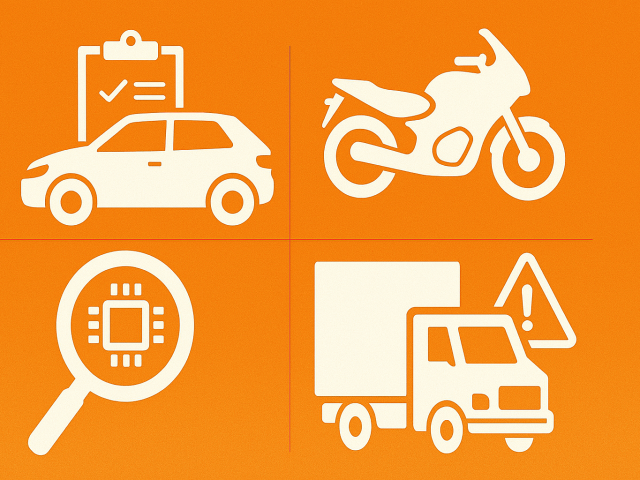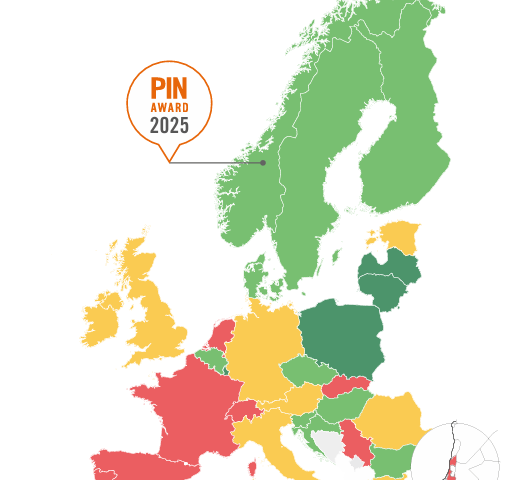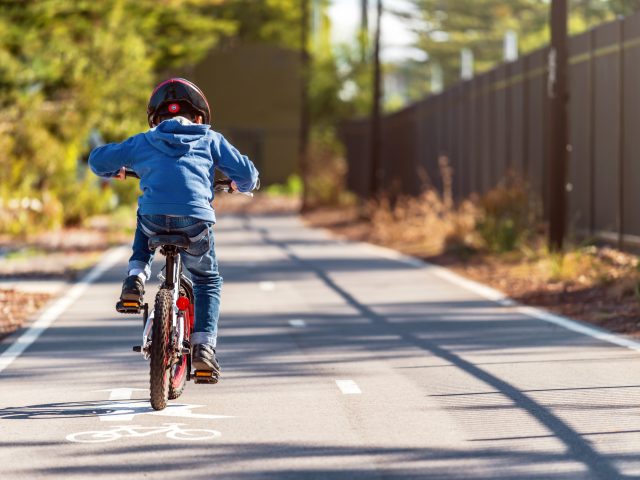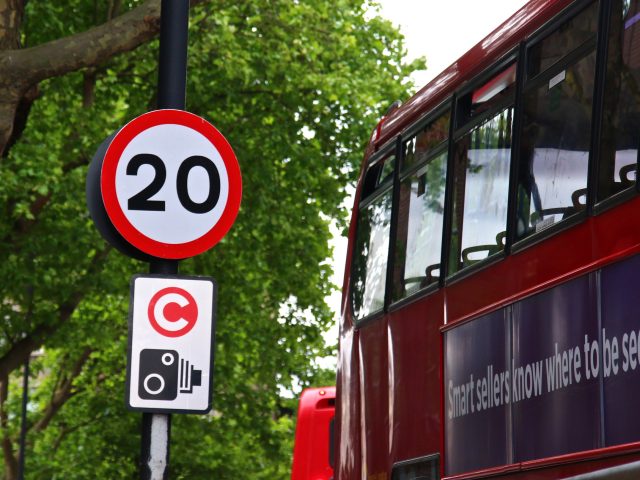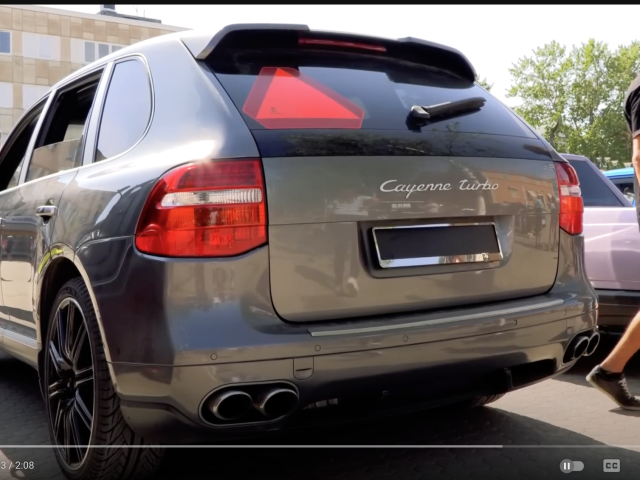Drink-Driving in Denmark
Figures
The number of alcohol-related road deaths on Danish roads was cut by half from 64 in 2010 to 32 in 2018. The official number of alcohol-related deaths in 2019 was 38 while figures for 2020 are not yet available.
National policies
The following measures have been introduced in Denmark in the last decade to target drink-driving:
2010 – Introduction of screening breath analysers for police enforcement*
2015 – Introduction of Alcohol Interlock programme for offenders
2017 – Change in the AI programme for offenders: up to three years with an Alcohol Interlock instead of licence suspension
BAC limit and sanctions
The legal limit for all drivers is 0.5g/l
The limit was adopted in 1998 and no further lower alcohol limit has been specified for any specific driver group.
A detailed table of sanctions for drink driving offences can be found in the full report here.
Enforcement
Unfortunately, Denmark does not collect any data on the yearly number of police alcohol checks (this is simply not counted). However, in 2018-2019, a roadside study was conducted by the Danish National Police (publication not yet available online) covering 120,000 randomly selected drivers. The study showed that 0.2 percent of the drivers had a BAC above the legal limit. The survey sample of approx. 120,000 road users led to a total of 235 charges.
Rehabilitation and Alcohol Interlock programmes
Alcohol Traffic courses: The Danish alcohol, drugs and traffic course (ANT course) is aimed at offenders wishing to regain their driver’s licence following a conviction for drug or drink-driving. The course is 12 hours long (four 3-hour lessons) and the price is around 400 euros. The courses are run by the five Danish regions and the teachers/instructors are alcohol therapists or substance abuse consultants.
Alcohol Interlock programme for drink-driving offenders: An alcohol interlock programme for first time high-level offenders and recidivists was introduced in Denmark in 2015. More specifically, it applied to the following categories of offenders:
• Voluntary programme: first-time offenders with a BAC above 2 g/l, or second-time offender with a BAC above 1.2 g/l;
• Mandatory programme: second-time offenders with a BAC level higher than 1.2 or first time offenders with a BAC level higher than 2.0.
Today approximately 450 drivers are participating in an alcohol interlock programme.
Campaigns
One of the latest campaigns run by The Danish Road Safety Council (Sikker Trafik) took place from 2018 to 2020 and is called “There are many ways to stop a drink-driver. What’s yours?” The campaign perfectly reflects part of the strategy put in place in Denmark in order to make drink-driving socially unacceptable by encouraging family or friends to take action against a potential driver under the influence.
The campaign website can be found here.
To read the full country focus click here.
